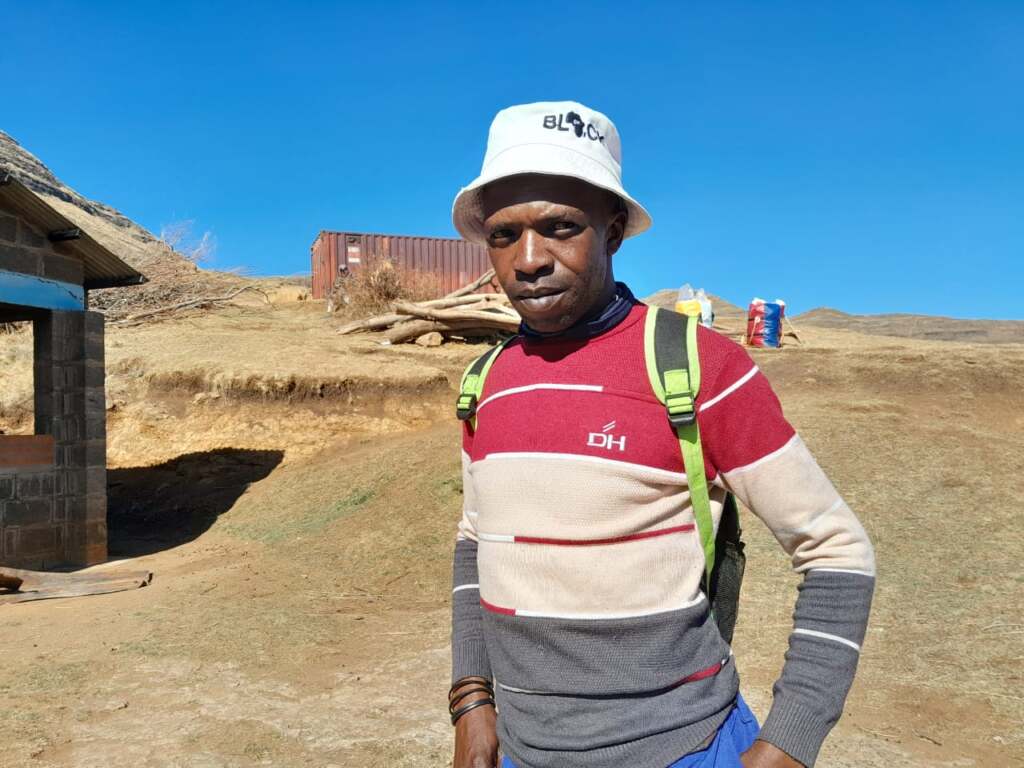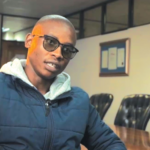Ntsoaki Motaung
The Basic Education Strengthening Project (BESP), supported by the World Bank, led by the Ministry of Education and Training, and implemented by the Ministry of Gender, Youth, and Social Development, is making significant strides in assisting vulnerable children with their educational needs.
Beneficiaries have reported substantial improvements in their ability to provide for their children’s school-related necessities.
BESP provides additional assistance to vulnerable children already enrolled in the Child Grants Programme (CGP) and the Orphan and Vulnerable Children Bursary.
The project aims to re-enroll orphaned and vulnerable children who had to withdraw from school due to various reasons, including lack of access to school uniforms.
In an interview with Newsday this week, Soakala Pheane from Ha Sekolopata in Tenesolo Community Coucil, Thaba Tseka District, shared his experience. “We are told that the additional funds are strictly meant to buy uniforms for the grade eight and nine children. I started receiving the funds in January this year because I have children in high school,” Pheane said.
He explained that he has no other means to provide for his family, so the funds are crucial in addressing his children’s school needs. “Although the money was M1,500 in January, it was not enough to address all the needs, but it took care of some important ones, including school shoes, jerseys, and school bags,” he added.
Currently unemployed, Pheane had to sell all his animals to support his family. “It has been extremely hard for me to make ends meet. However, with the help of social development, at least I do not have to worry about some of my children’s needs for some time and can focus on other necessities, including food,” he explained.
Pheane mentioned that besides the help from Social Development, he relies on piece jobs, like looking after other people’s animals, to get paid either in money or food.
Similarly, ‘Mathuso Temo from the same village shared her struggles. Due to poverty, she resorted to becoming a traditional healer, hoping to earn some money to provide for her family.
“I wanted to keep my children in school and would do anything to see that happen. This is why I even went to be initiated into being a traditional doctor, hoping to get clients and eventually make money, but that did not work for me,” Temo explained.
When traditional healing did not work out, Temo decided to brew and sell traditional beer in her village. “The money from the beer is not much. I am just able to take care of my daily needs. I cannot even pay for my children’s food at Auray High School boarding. Since the beginning of the year, I have not paid anything towards the M800 I am supposed to pay for my children to get some food during their stay at the border,” she said.
Temo noted that since becoming a beneficiary of Social Development, she could at least take care of her children’s needs, like school uniforms. “Although the money is not enough, it helps us to take care of the most needed essentials which we cannot afford,” she said.
Beneficiaries, through parents, are expected to bring receipts to their councils to account for the money spent.
Meanwhile, Itumeleng Rapholo, Bursary Administrator for the Ministry of Gender, Youth, and Social Development, indicated that the project has 47 beneficiaries in Tenesolo Council.
Rapholo highlighted that one challenge is that parents or guardians often do not buy quality products that can last longer for their children while they wait for the next payout, which comes after a year.
She also pointed out that the community of Tenesolo and the entire district of Thaba Tseka face challenges such as child marriages, initiation schools, and lack of encouragement from parents or guardians who have not completed school themselves, leading to high dropout rates.
According to the Ministry of Social Development, 9,000 beneficiaries were targeted to be enrolled in BESP. However, only 2,152 beneficiaries were registered in the 16 selected councils from the 10 districts of the country.
During verification, the number of beneficiaries dropped to 1,683 in grades 8 and 9, indicating that the target was overestimated. “Reconciliation of payments is ongoing, but payments for 1,683 beneficiaries were processed, and 1,534 beneficiaries received payments. This is 17 percent of the total anticipated,” the Ministry stated.
BESP continues to play a crucial role in supporting vulnerable children and ensuring they have the opportunity to stay in school and complete their education.
Summary
- With the help of social development, at least I do not have to worry about some of my children’s needs for some time and can focus on other necessities, including food,” he explained.
- Since the beginning of the year, I have not paid anything towards the M800 I am supposed to pay for my children to get some food during their stay at the border,” she said.
- She also pointed out that the community of Tenesolo and the entire district of Thaba Tseka face challenges such as child marriages, initiation schools, and lack of encouragement from parents or guardians who have not completed school themselves, leading to high dropout rates.

Your Trusted Source for News and Insights in Lesotho!
At Newsday Media, we are passionate about delivering accurate, timely, and engaging news and multimedia content to our diverse audience. Founded with the vision of revolutionizing the media landscape in Lesotho, we have grown into a leading hybrid media company that blends traditional journalism with innovative digital platforms.







